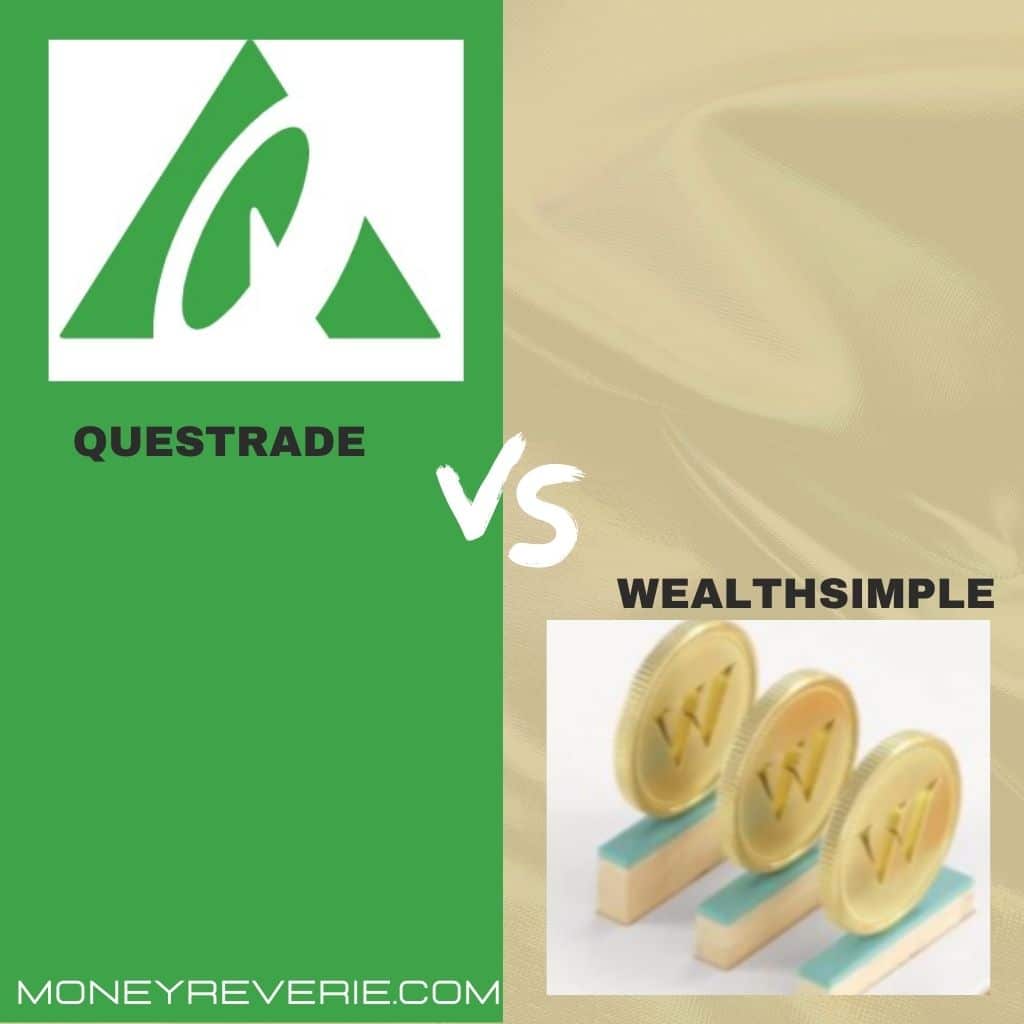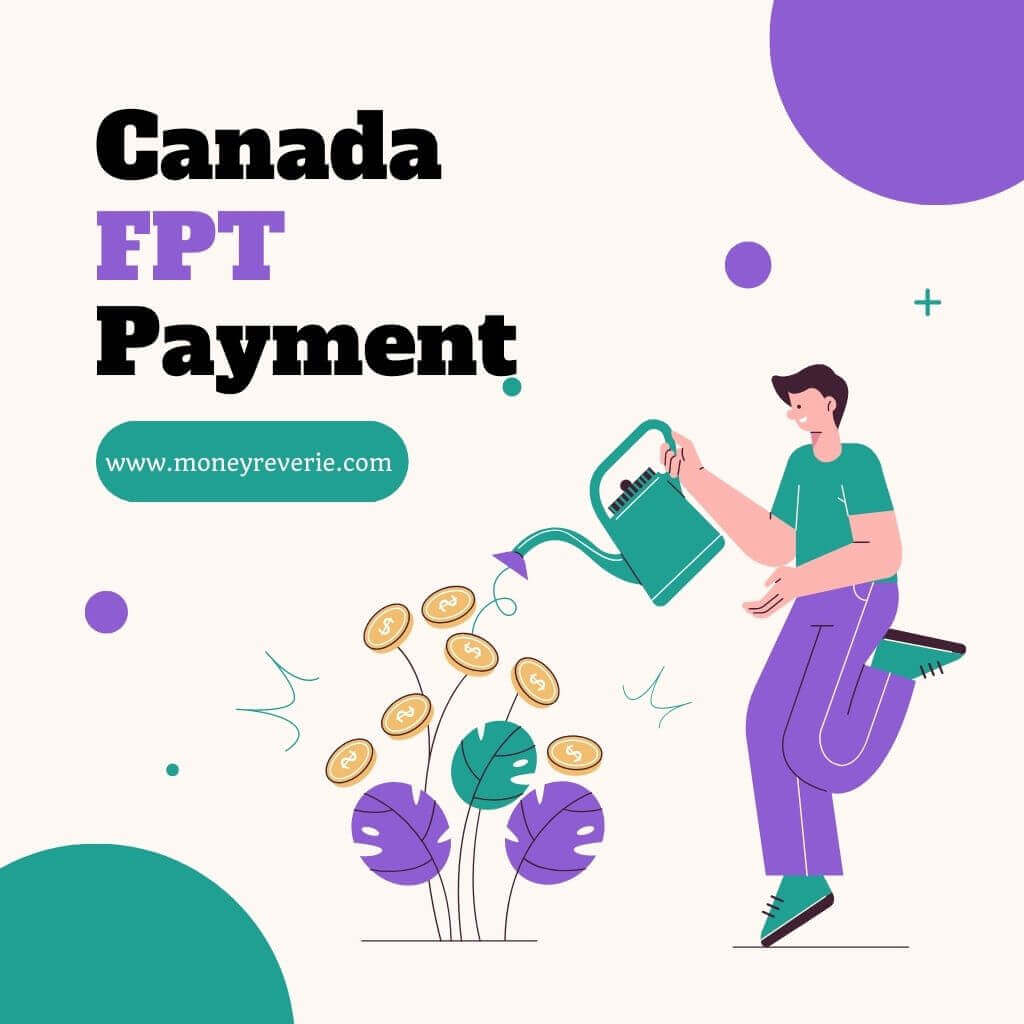Whole life insurance is a type of permanent life insurance that offers lifelong coverage. Whole life insurance provides coverage for as long as you keep paying your premiums and the insurance company pays out a death benefit to your family regardless of when you die.
With whole life insurance coverage, you have reliable coverage without worrying about renewing your policy or fluctuating premiums. This is because, unlike term life insurance, whole life insurance doesn’t have an expiry date.
Also, whole life insurance has a savings component called cash value, making it so attractive. The cash value feature grows over time and accumulates on a tax-deferred basis. A part of your monthly or annual premiums go into the cash value, the insurance company invests it, and the returns are available to you as your cash value.
Whole life insurance allows you to access your policy’s cash value while alive. You can borrow against or withdraw from the cash value and use it for whatever purpose. With whole life insurance, you enjoy lifelong coverage and a cash value feature that you can use to cover premiums, pay for children’s education, supplement your retirement income, and more.
How Does Whole Life Insurance Work?
Whole life insurance is one of Canada’s most popular types of life insurance coverage. It is the standard permanent life insurance plan and the most preferred. While you can opt for other lower-cost alternatives, whole life insurance delivers excellent value, and the death benefit is guaranteed.
Whole life insurance offers guaranteed death benefit payout and is best for estate planning and covering final and funeral expenses.
Whole life insurance requires that you keep paying premiums, monthly or annually. Your premiums are guaranteed level (they do not change) and are set based on your chosen coverage amount and other personal factors like your age, health status, smoking status, gender, etc.
Because of the guaranteed death benefit and the cash value component, whole life insurance premiums are usually more expensive than premiums for term life insurance. The premiums you pay are divided into three portions: the cost of your life insurance, the overhead costs, and the margin expectancy of your insurance company. The other portion is invested in a low-yielding stable investment that accumulates returns.
Once you die, your beneficiary will receive your policy’s death benefit from the insurance company. They will receive the death benefit payout regardless of when you die.
Learn more about how whole life insurance works in Canada
How Much Whole Life Insurance Do You Need?
There is no one-size-fits-all answer to how much whole life insurance you need. The amount of whole life insurance you need depends on what you plan to use it for.
Suppose you want to buy whole life insurance as your sole coverage; you would need to buy a policy worth hundreds of thousands of dollars. But if you want whole life insurance as part of a ladder strategy or to cover end-of-life expenses, you would need significantly less.
Knowing your overall insurance needs makes it a lot more straightforward. Usually, the general rule of thumb is to buy life insurance worth six to ten times your annual salary. This will help cover your loved ones for a while after your death.
However, if you want to be more precise, consider your outstanding debts, your family’s daily living expenses, your children’s future educational needs, your end-of-life expenses, and other allocations like charitable organizations you want to make.
Put these together, consider your financial situation and allocation preferences and determine how much whole life insurance will be suitable for your needs,
Learn more about determining how much life insurance you may need
How Much Does Whole Life Insurance Cost in Canada?
Whole life insurance premiums are more expensive than term life insurance for two apparent reasons: the guaranteed death benefit payout and the cash value component.
Also, your age and health status influence your life insurance premiums. The older we get, the higher our risk of passing away. If you are older, your insurance company has less time to collect premiums before making the guaranteed death benefit payout to your beneficiaries.
This creates financial risks for the insurance provider, and they may charge you higher premiums than if they had more years to collect premiums. The relative costs of whole life insurance coverage are different with age.
Applying for life insurance at a young age is advisable when you have no severe health conditions. This will help you secure low premiums for your whole life insurance policy.
Learn more about how much whole life insurance costs in Canada
Learn more about the right age to buy whole life insurance
Term vs Whole Life Insurance: Which is Best?
Term life insurance and whole life insurance are two opposite types of life insurance. Term life insurance is temporary. It is suitable for short-term goals like mortgage debts and providing for dependents. It has an expiry date but can be renewed for another term after expiration.
In contrast, whole life insurance offers lifelong coverage for as long as you pay your premiums. It is best for long-term and permanent needs like final tax expenses, funeral arrangements, or leaving an inheritance for your children and grandchildren.
Learn more about term vs. whole life insurance
Can I Cash Out My Whole Life Insurance Policy?
Yes, you can cash out your whole life insurance policy. Whole life insurance policy accumulates cash value as you keep paying premiums.
If you no longer need life insurance coverage and urgently need funds, you can surrender your policy for a predetermined amount after a certain number of years. This amount is called the cash surrender value.
Learn more about cashing out your whole life insurance policy
What Are The Payment Options For Whole Life Insurance?
There is no fixed premium payment plan for whole life insurance. Premiums can be paid monthly or annually, and there are other alternative payment structures:
- Life pay: The insurance policy covers you throughout your lifetime, and you pay premiums for the rest of your life.
- Limited Pay: The insurance policy covers you for your entire life, but you only pay premiums for a set period of time. And because of the limited payment period, your premiums are usually higher.
- 20 Pay: This is a limited-pay whole life insurance plan which allows you to pay your entire premiums within the first 20 years of your policy.
- 10 Pay: This is a limited-pay whole life insurance plan which allows you to pay your entire premiums within the first 20 years of your policy.
Some insurance providers in Canada let you stricture your whole life insurance policy as 15 pay or you can choose to pay premiums until age 65.
FAQs on Whole Life Insurance
Can I Convert My Term Life Insurance To Whole Life Insurance?
Yes, you can convert your term life insurance to whole life insurance to get lifelong coverage and cash-value benefits.
Most insurance companies in Canada offer the convertibility feature on their term life insurance policies. This lets you convert your term life insurance policy into a whole life insurance policy before reaching a certain age, like 65.
Getting a brand-new life insurance plan may be a less expensive option. But it’s better to convert your policy if you do not qualify for a new insurance plan because of health issues.
Which are the best whole life insurance companies in Canada?
There are many insurance providers in Canada, and knowing where to buy your whole life insurance can be challenging. We have a list of Canada’s top insurance companies with trusted and reliable reputations.
These companies offer unique policies to fit your individual insurance needs. We ensure you get everything you need, including the complete details and several options when choosing your whole life insurance policy.
Some reputable insurance companies we work with include Empire, Equitable, SSQ, Manulife, Canada Protection Plan, and other trusted insurers.
Learn more about the best insurance companies in Canada
How can I get a whole life insurance quote online?
We do our best to make buying whole life insurance products straightforward and accessible to Canadian customers. We have simplified the process of comparing whole life insurance quotes online.
We ask you a few questions and use your answers to scan through hundreds of products in the Canadian market to find you the best whole life insurance products and prices
Get your whole life insurance quote online now
Is whole life insurance worth it?
While whole life insurance premiums are typically higher than term life insurance premiums, a whole life insurance plan can be worth it depending on your financial needs and goals.
For example, buying a whole life insurance policy is your best option if you want to build a trust fund for future generations. Also, if you’re going to leave your beneficiaries a large sum of money to cater for their living expenses when you are no more, you should consider whole life insurance.
As a business co-owner, buying whole life insurance plans will help to keep your business afloat. The payout can provide the funds needed for a buoyant agreement upon your death.
When used strategically, participating whole life insurance can help to build wealth. This type of whole life insurance generates and payout money in the form of dividends. The insurance company invests your premiums and pays out dividends to you.









